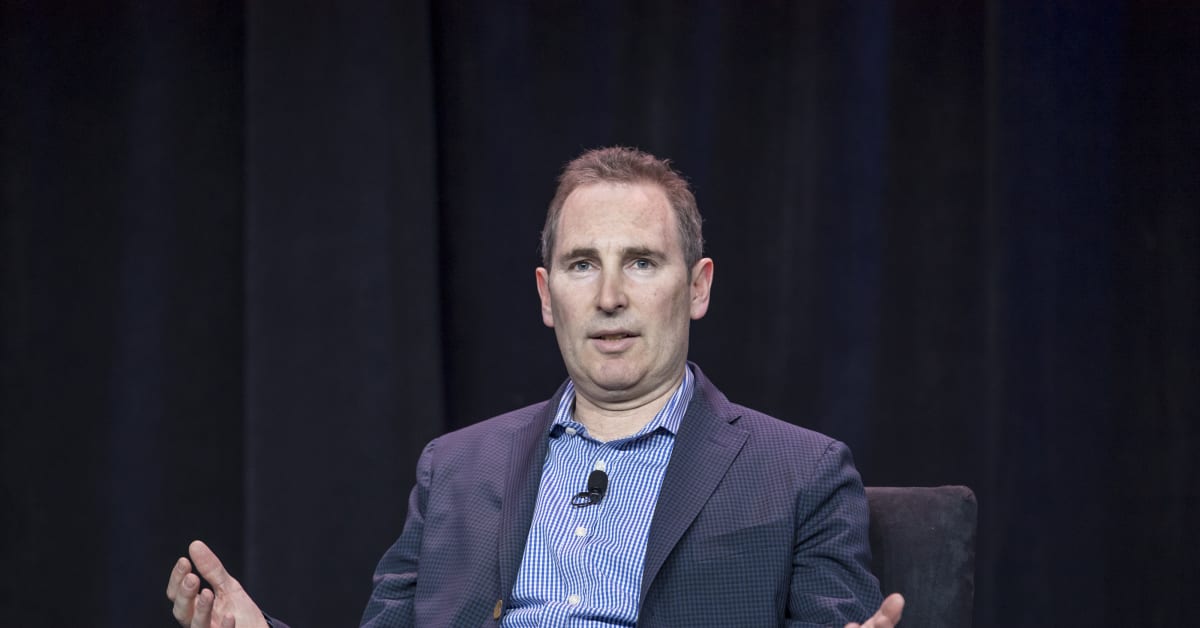
The Tightening Grip of Inflation: Are We Entering a New Era of Frugal Consumption?
The air is thick with a palpable anxiety. It’s not just the lingering effects of a global pandemic, or the ongoing geopolitical tensions, but something more insidious, more pervasive: the unrelenting pressure of inflation. And this time, it feels different. The casual observer, the careful saver, the shrewd investor – we’re all feeling the pinch.
For years, we’ve grown accustomed to a certain level of consumer convenience, a readily available abundance of goods and services. We’ve become accustomed to the ease of online shopping, the ever-expanding options for delivery, the seemingly endless array of choices at our fingertips. This era of readily available abundance, however, appears to be drawing to a close. A recent shift in the rhetoric from major corporations hints at a fundamental realignment in the consumer landscape, a shift towards a more cautious, more frugal approach to spending.
The implications are far-reaching. For investors, the traditional markers of growth are becoming less reliable. The fast-paced expansion of tech giants, once a sure bet, is now facing a more challenging environment. The days of seemingly limitless growth may be behind us, forcing a recalibration of expectations and strategies. This isn’t simply a temporary dip; it suggests a longer-term adjustment to a new economic reality. Companies are grappling with rising operational costs, supply chain disruptions and a consumer base that is becoming increasingly price-sensitive.
This isn’t just impacting the world of high finance; it’s impacting every household. Families are facing higher costs for everything from groceries and fuel to housing and healthcare. The cushion that many previously enjoyed is shrinking, forcing difficult choices and a reconsideration of spending priorities. This isn’t about belt-tightening for a month or two; it’s about a fundamental change in lifestyle for many.
The shift extends beyond the individual consumer; it impacts the broader economy. Companies are forced to re-evaluate their business models, focusing on efficiency and cost-cutting measures. This may lead to a reduction in workforce, impacting employment rates and further compounding the financial anxieties of many. The narrative of constant economic expansion, the ever-increasing GDP, is challenged by the harsh realities of inflation’s persistent grip.
This isn’t a call for panic, but a call for awareness. We are entering a period of uncertainty, a period that requires us to adapt and adjust. It’s a time for thoughtful financial planning, careful budgeting, and a reconsideration of our consumption habits. It’s a time to prioritize value over volume, quality over quantity.
The future is uncertain, but one thing is clear: the era of unbridled consumerism may be over. We’re entering a new era, one that demands greater fiscal responsibility, adaptability, and a collective understanding that economic stability requires careful navigation through choppy waters. The message is stark: we must adjust our expectations and prepare for a different kind of future. A future where conscious consumption is not a luxury, but a necessity.



Leave a Reply